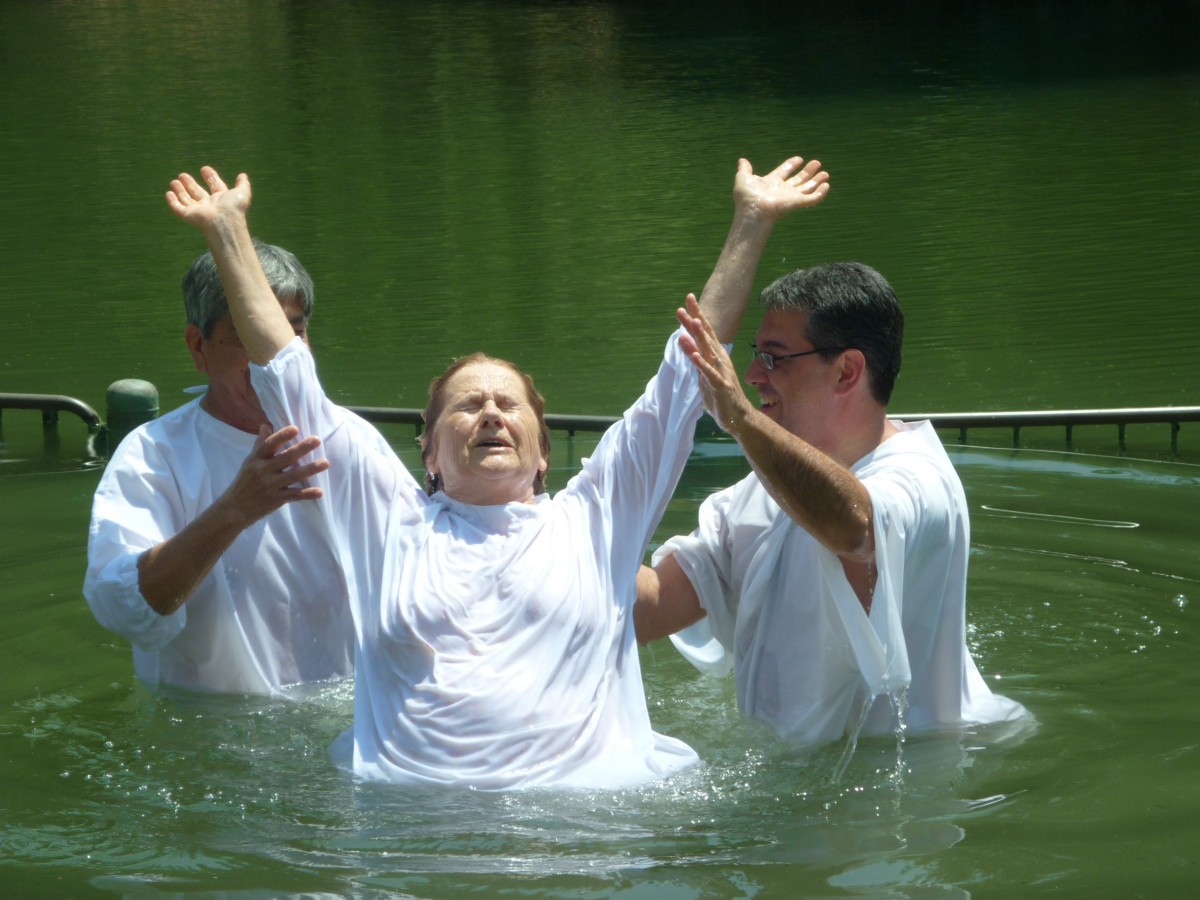Blog
“Baptism and Hebrews 10:22”
Categories: Meditations
When a Scriptural subject is as hotly debated as the necessity of baptism for salvation is, we might assume that the Scriptural witness is somehow unclear. With baptism, though, this is hardly the case. From beginning to end of the New Testament, many texts inform us that baptism leads to forgiveness of sins, washes away sins, gives new life, clothes with Christ, and saves. Without the “help” of false teachers, any reasonable person would read those passages and properly understand the importance of baptism.
This teaching appears not only in passages that explicitly mention baptism, but also in some that do not. Many Christians cite John 3:5 and its context as an example of this, but few pay similar attention to Hebrews 10:19-22. Here, the writer says, “Therefore, brothers, since we have confidence to enter the holy places by the blood of Jesus, by the new and living way that he opened for us through the curtain, that is, through his flesh, and since we have a great priest over the house of God, let us draw near with a true heart in full assurance of faith, with our hearts sprinkled clean from an evil conscience and our bodies washed with pure water.”
In this Scripture, the writer urges us to confidently draw near to God. All told, he enumerates five things that ought to give us the assurance to do so: three heavenly things that are present, and two earthly things that must be present. The three heavenly things are the blood of Jesus, the way that He opened through the veil into God’s presence, and His priesthood over the house of God.
As necessary as these things are, they are not sufficient. Otherwise, even the idolater and the atheist would be able to come into God’s presence without changing anything about themselves. Certainly, the unbelieving Jews of the Hebrews writer’s day would have been able to, which would have nullified the whole point of the book!
Instead, only a limited class is able to take advantage of the way that has been opened. If we want to draw near, our hearts must have been sprinkled clean from an evil conscience and our bodies must have been washed with pure water. Note that the conjunction here is “and”, not “or”. Just as the work of Jesus is not enough by itself, so only one of these things is not enough by itself either. We can’t just think that we have been saved to form a relationship with God. We must have been baptized too.
Indeed, this text even indicates what mode of baptism is appropriate. Sprinkling as it is practiced today is nothing like a washing of the body, nor is pouring (typically, the baptizer only pours water on the head of the baptizee). Only immersion resembles a bodily washing.
The point for us is plain. Either we are in God’s presence, both now and eternally, or we will be outside God’s presence, both now and eternally. If the former is what we want, we have to submit to God’s will to get there, a will that ordains both faith and baptism.





